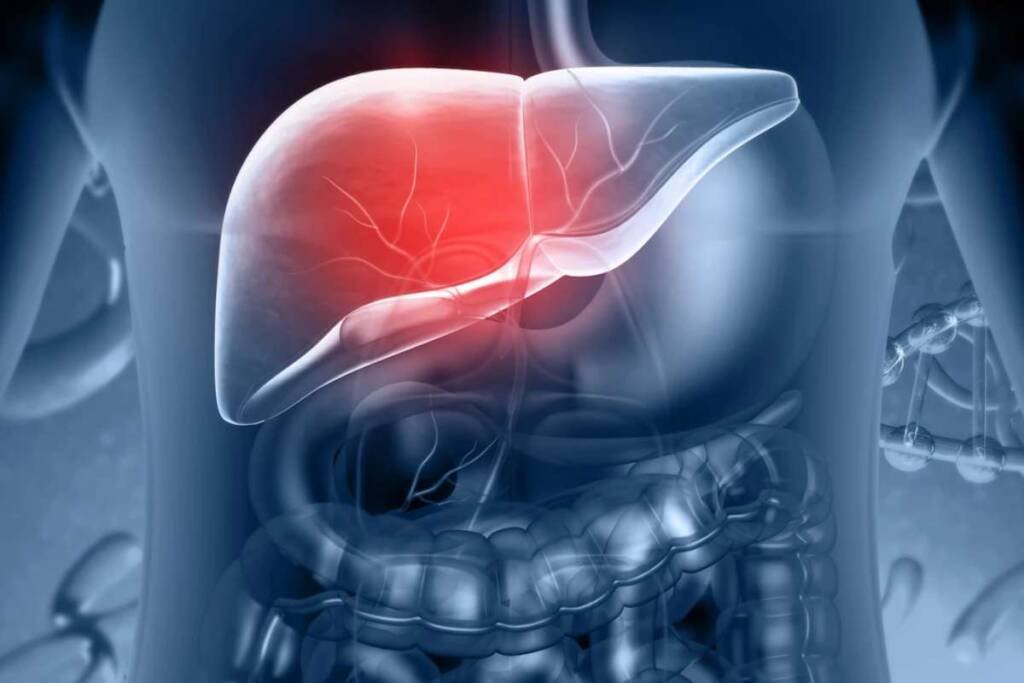Source – Elevar therapeutics
On July 17, 2023, The FDA has accepted a New Drug Application (NDA) for rivoceranib, an oral tyrosine kinase inhibitor (TKI), in combination with camrelizumab, a PD-1 inhibitor, as a potential first-line treatment for patients with unresectable hepatocellular carcinoma (uHCC).
The NDA submission is supported by data from the Phase III CARES 310 study, which evaluated the combination therapy in 543 patients with uHCC. The study demonstrated promising results, showing that rivoceranib plus camrelizumab had a median overall survival (OS) of 22.1 months (95% CI, 19.1-27.2) compared to 15.2 months (95% CI, 13.0-18.5) with sorafenib. The combination also showed superior median progression-free survival (PFS) rates of 5.6 months (95% CI, 5.5-6.3) compared to 3.7 months (95% CI, 2.8-3.7) with sorafenib (HR 0.52; 95% CI, 0.41-0.65; P <.0001). Additionally, the confirmed objective response rate (ORR) for camrelizumab plus rivoceranib was 25.4% (95% CI, 20.3-31.0) versus 5.9% (95% CI, 3.4-9.4) with sorafenib.
These positive efficacy results were consistent across various subgroups, suggesting that the combination therapy may benefit a broad population of patients with uHCC. As a result, the FDA has set a Prescription Drug User Fee Act (PDUFA) target action date of May 16, 2024, for the regulatory review of the NDA.
“Rivoceranib plus camrelizumab has demonstrated the potential to improve the lives of those confronted with unresectable hepatocellular carcinoma. With the FDA’s acceptance of our new drug application, we are pleased to reach another milestone in the development of this combination therapy. We look forward to working closely with the FDA during this review process and are focused on making the combination commercially available as quickly as possible should we gain approval.”
– Saeho Chong, Elevar chief executive officer
The Phase III CARES trial aimed to evaluate the efficacy and safety of camrelizumab in combination with rivoceranib compared to sorafenib as a first-line treatment for uHCC. The international randomized trial enrolled patients with advanced HCC who had not received prior systemic treatment for HCC. The primary endpoints included PFS and OS, assessed by a blinded independent review committee, while secondary endpoints included time to progression, ORR, disease control rate, duration of response, adverse events, and pharmacokinetics.
In February 2023, the combination of rivoceranib and camrelizumab was approved by the National Medical Products Administration as a first-line treatment for liver cancer in China. Rivoceranib is also being evaluated as a monotherapy for patients with adenoid cystic carcinoma and as a combination therapy or monotherapy for other tumor types.





























